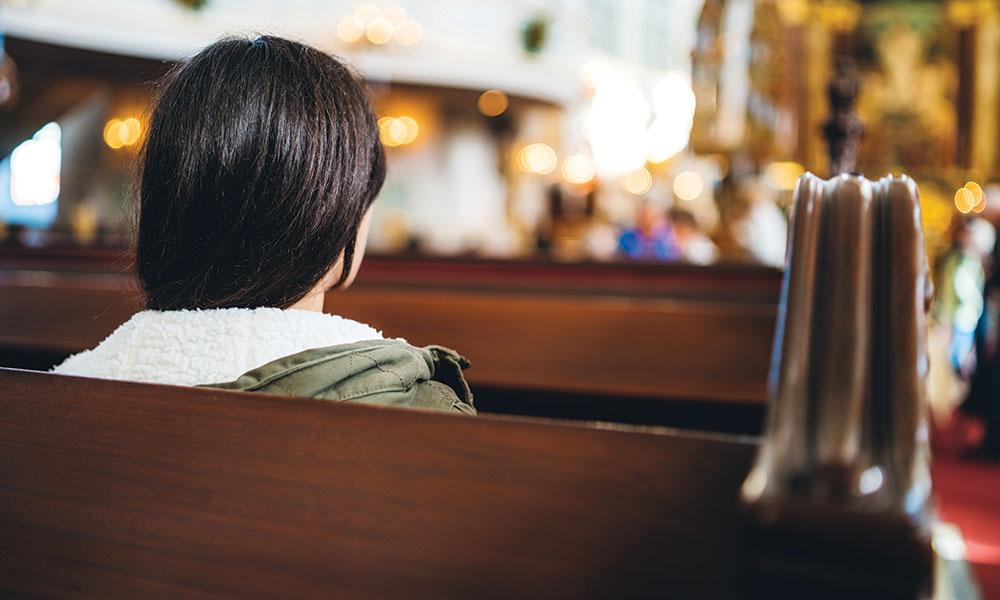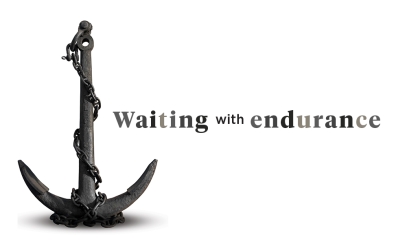
Are We ‘Fully Conscious and Active’ During Mass?
The end is coming! The end of our liturgical year, and the Bishop’s Year of the Bible, that is. In the wisdom and timing of Mother Church, we wind down the period of Ordinary Time in November, and anticipate a new Church year with Advent beginning on Nov. 28. So with an “end-of-the-year” mind-set, let’s look back at what we have learned so as to apply these lessons in our future.
The end is coming! The end of our liturgical year, and the Bishop’s Year of the Bible, that is. In the wisdom and timing of Mother Church, we wind down the period of Ordinary Time in November, and anticipate a new Church year with Advent beginning on Nov. 28. So with an “end-of-the-year” mind-set, let’s look back at what we have learned so as to apply these lessons in our future.
We were reminded last month in this column of the “greatest importance” of sacred Scripture in the Liturgy of the Church and lives of the faithful, as stated in Sacrosanctum Concilium (24, 51) at the Second Vatican Council. The response to that call gave us a substantial increase in the amount of Scripture now found in our Lectionary. What is read at each liturgical celebration is meant to help the faithful draw closer to Christ, his Church and her mission. But the responsibility for what we actually hear at Mass falls on each of us.
The writers of Sacrosanctum Concilium (SC) understood the role of the laity in Mass had to be embraced as one of participation and not that of a spectator in order to be able to “carry the grace of the Mass out into the world.” (Bishop Robert Barron, on SC 14) That shift would mean we actually engage with the prayers, postures and, especially, the readings at Mass. That engagement means we listen to Scripture to really hear the Living Word of God, rather than merely allowing the words to be read in our presence. With that in mind, we were given the loving admonition of SC 14:
Mother Church earnestly desires that all the faithful should be led to that fully conscious, and active participation in liturgical celebrations which is demanded by the very nature of the liturgy. Such participation by the Christian people as "a chosen race, a royal priesthood, a holy nation, a redeemed people” (1 Pt 2:9; cf. 2:4-5) is their right and duty by reason of their baptism.
When was the last time something held your attention so completely that you were “fully conscious” and felt an “active participation”? This is our goal at Mass. Yes, distractions will arise that keep us from perfect attention, but if we remember we are striving to participate in Mass and not just attend, the distractions will recede. One of the ways we can be fully conscious and active is by reading the Scripture that will be read at Mass beforehand. Understanding the meaning behind the gestures, postures and prayers within the liturgy will also help. The U.S. Conference of Catholic Bishops has an excellent resource for this titled “Praying with Body, Mind, and Voice,” which is available on its website: usccb.org. I pray that by this fully conscious and active participation, we may all be better prepared to receive the gift offered to us at Mass.



